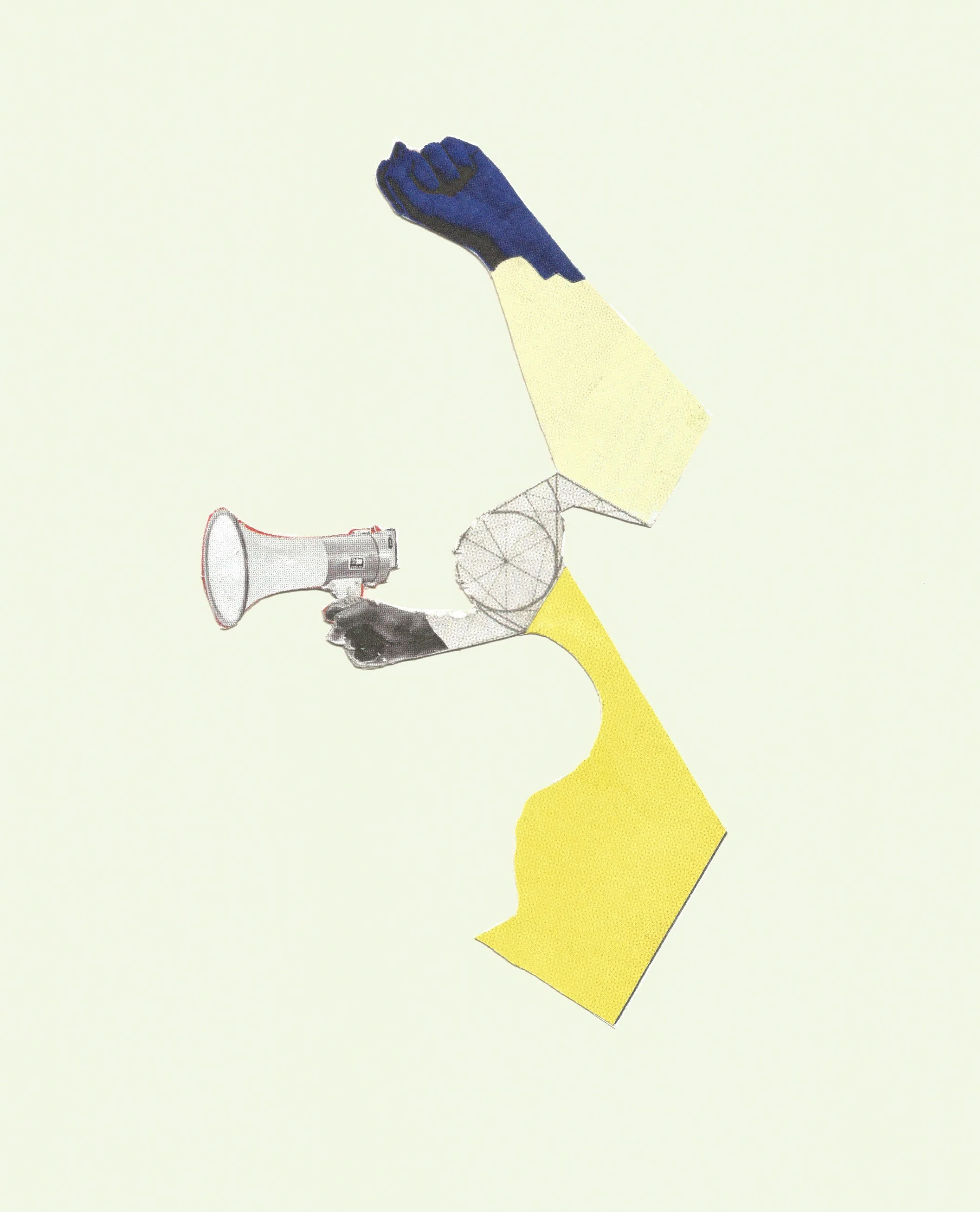Matthew Klane, Combating the Root Cause of Asymmetric Polarization
Translator’s Note
As a poet, I always look for what interests me the most in the works of other contemporary poets: the city. The following poems, written by Karampour and Kamyabian, reflect the struggles of city life. While Karampour uses the battle of pen and blade, which is a common recurring theme in classic Persian literature, Kamyabian approaches this issue with a different language.
In Iran, calligraphy pens are made of bamboo and carved with blades. This has shaped the companionship and, of course, the dichotomy between the blade and the pen into a famous subject of Persian poetry. In classical Persian literature, the pen is a symbol of eloquence, hope, and wisdom, and the blade is associated with power, fear, and authority. Anwari, a Persian poet, said the following about the pen and blade 900 years ago:
[Kings] Conquer the world with blades and pens.
These two have infinite effects:
The pen of well-versed scholars,
The blade of adept warriors.
In the “Persian Blade,” which can be described as a contemporary interpretation of this confrontation, the blade symbolizes overpowering horror. By recomposing a classic theme, and piecing urban images together, Kourosh Karampour has created a modern poem with a fascinating rhythm.
On the other hand, the universal dismay of megacity life portrayed by Kamyabian makes his poem “Meat Grinder” relatable for almost everyone experiencing such life. Despair and boredom are brought to the surface while underdogs, ignored and rejected, ask themselves: “who may be writing…[about us]?” Like the question that Miss Gee asks herself in Auden’s poem:
Miss Gee looked up at the starlight
And said, ‘Does anyone care
That I live on Clevedon Terrace
On one hundred pounds a year?’
Who may be writing about them? Kamyabian is asking this question at the same time he responds to it poetically.
Kourosh Karampour's "The Persian Blade"
translated from the Persian
One of the reasons that I’ve written this poem
Is what I see on the other side of the street.
*
Nobody believed me:
If the people passing by are not blades
Why am I coming back home in tatters?
Above all, this doctor that puts the light on my open mouth and gullet
Why does not see the blades I’ve devoured?
Why should I see this double door two razor blades?
As I fancy my hands in my darling’s hair
I’m afraid her earrings are two razor blades.
I was a soldier of this flag: my homeland
So, what are these blood drops, dripping from the wind?
Living in the lizard’s jaws:
A civil convention to shelter from a blade on another
I was born in lizards’ eggs-dropping season
My birth’s constellation is a society
that all its stars fell on their land.
It was raining and every drop: a blade
The leaves were falling and every leaf: a blade
In every snowflake: a blade
And every brick used in our homes: a blade
They cut the bamboo so much that it learnt Persian and wrote:
The hardened blade’s calligraphy
The sun blade’s calligraphy
The blade of the mountain’s calligraphy
The blade of the wall’s calligraphy
The blademanship’s calligraphy
They didn’t believe me:
If my language is not an assassin,
Why are all Persian scripts
bleeding?
*
Once upon a time
In a city south of Iran
A rolling hedgehog
Who lived a prickly life on the other side of the street, came out of himself and
said:
You didn’t believe me...
On this crossroad
Blades protested
on my heart’s skin.
Milad Kamyabian's "Meat Grinder"
translated from the Persian
Who may be writing:
The registry clerk’s
Behind-the-desk
Visions;
A private’s
Night-time delusions,
—cuddling under his blanket like a fetus—;
The fright
Pierced through a gaunt sentinel’s chest,
Laying an inky egg in his pupils
All the nights,
Illusion.
Who may be writing:
A passerby’s pause
Taking his hands out of the pocket,
Turns to a stone,
In the pavement’s torrent of flesh,
Allows the human waves
Furbish his stance.
Who may stand?
And put his standing
Into writing;
[Who may write] the blood,
Judged by the astute hand of the blade,
between its patient streaming
And rogue splitting.
The blood
That despite the efforts of poets
—of all centuries and eras—
Its spattering pattern
Doesn’t follow the rules of any alphabet.
A riddle of meat
At the private’s feet:
A mass
Meaningless in any idiolect;
Though, some people, once,
May have called it “mother”
In a thousand dialects.
Words: a corpse
Before the registry clerk:
A poem
meaningless in any language.
Now, that bullet’s whistle
Smothered the glad tidings’ bugle.
And Metatrons,
Waiting for the end of office hours,
Sit idle on shoulders.
Who may be writing:
Forearm bone’s tremor—while breaking—,
While the skin’s veil
Getting uncovered.
Who may be writing:
The eyelid
Pointing at the ground,
While the inky pupil
Addresses God’s realm;
While the rep’s blue pencil
Cauterizes inquiry paper;
While the private’s mother
Sends her spider fingers
To her son’s nightmare
Under an army blanket
Pulling the trigger.
Who may be writing this all?
As the mother polis
Whirling us in her open-top meat grinder,
Mixing and blending our joints, skins, and fantasies,
Sends them to its underground bowel
May the-third-millennium monsters of the fifteenth Hijri century,
Soon,
Pull their head out
Of the sewage hatch
And hatch.

